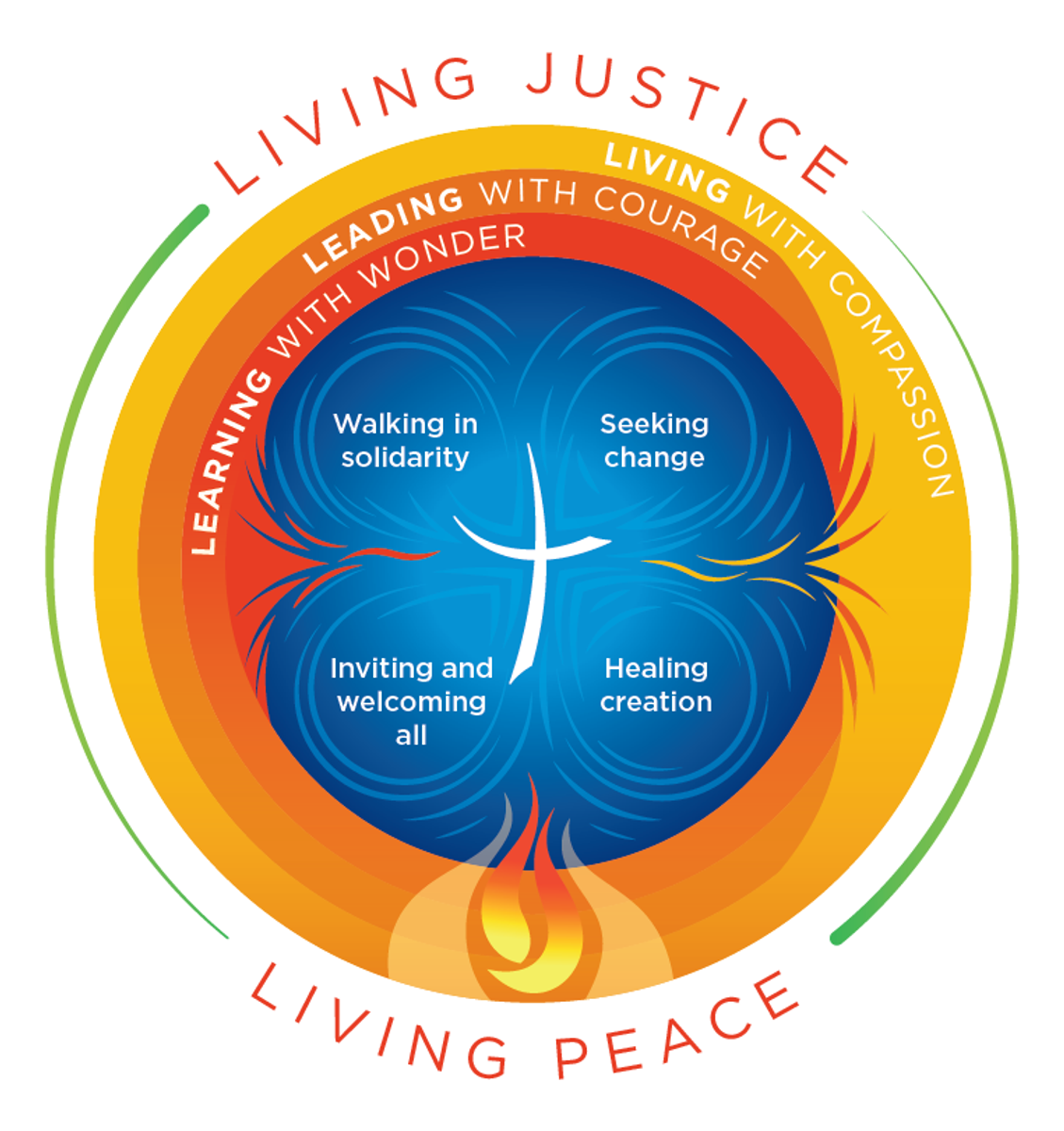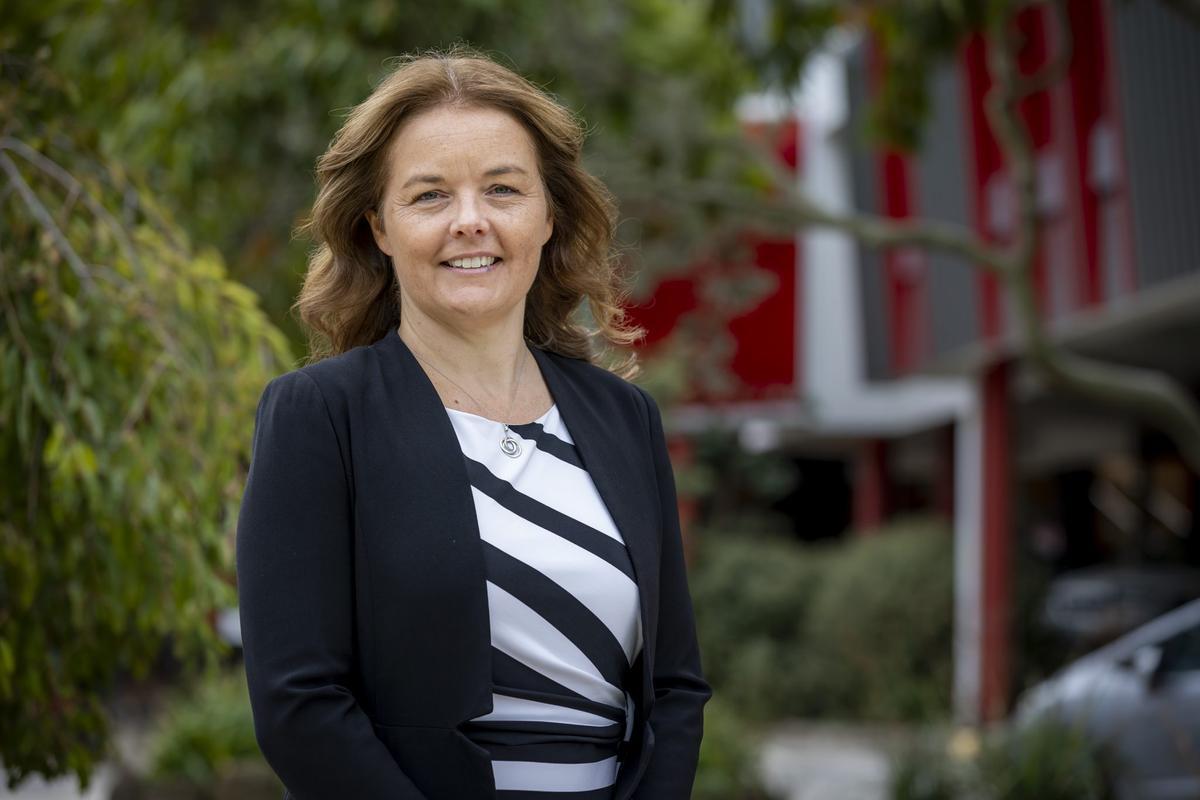Editorial

Holding Hope in the Shadow of Conflict
Across our world today, headlines are heavy with sorrow. The war in Ukraine rages on, the people of Sudan continue to flee violence, and the humanitarian crisis in Gaza deepens by the day. Images of destruction, the grief of families torn apart, and the cries for help from those trapped in unimaginable circumstances confront us daily.
In particular, the unfolding tragedy in Gaza touches a nerve in the human spirit. The scale of loss and suffering, especially among children, is overwhelming. For many of us, the question arises: What can we do in the face of such pain and suffering? The distance between our lives and theirs can feel vast. We may feel powerless, even paralysed, in the face of so much injustice and anguish.
And yet, our faith, our values, and our shared humanity call us to resist despair. We are reminded in the scriptures that “the light shines in the darkness, and the darkness has not overcome it” (John 1:5). This is not a passive hope, but a hope rooted in action, in truth, and in the belief that peace is always possible - even when the path is unclear.
As people of Kildare Ministries, inspired by the legacy of Nano Nagle and St Brigid, we are called to be bearers of light in the darkest of times. We may not be able to halt bombs or broker ceasefires, but we can pray, advocate, educate, and accompany. We can amplify the voices of the suffering. We can stand in solidarity. We can refuse to become numb.
This is a time to deepen our commitment to justice and compassion. It is also a time to embrace more fully the radical hospitality at the heart of our mission - the courage to welcome all, especially those who are displaced, excluded, or suffering. In a world increasingly divided, hospitality becomes a prophetic act: to listen, to include, to make room for the stories of others.
We are also called to nurture in our young people the skills of critical thinking, moral courage, and global citizenship. This is not a distant aspiration, it is a daily commitment lived out across our schools and community works. Through inclusive education, justice-focused initiatives, and formation experiences that invite deep engagement with the world, we see our ministries forming young people to be thoughtful leaders and compassionate agents of change.
In times of conflict and uncertainty, we must continue to remind one another that hope is not a naïve optimism, it is an act of faith in a better future. As our Living Justice Living Peace Charter affirms, “the flame of hope stirs our belief that we can achieve a new and inclusive world.”
Let us continue to hold the people of Gaza, of Ukraine, and of all war-torn lands in our hearts and in our actions. May our ministries and communities offer a peace that welcomes, a hope that heals, and a justice that invites all to the table.
Nicole Mangelsdorf
Executive Director


